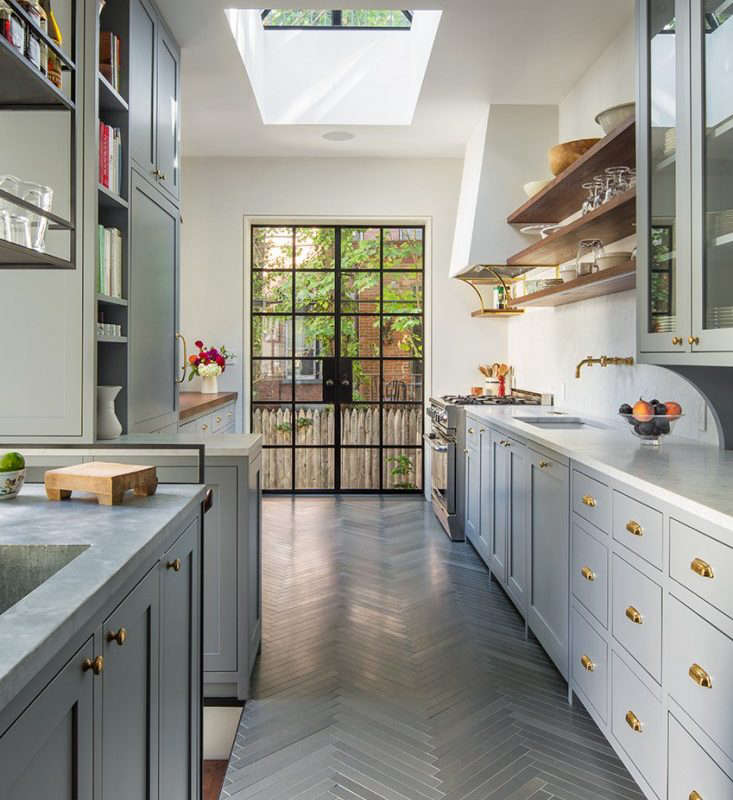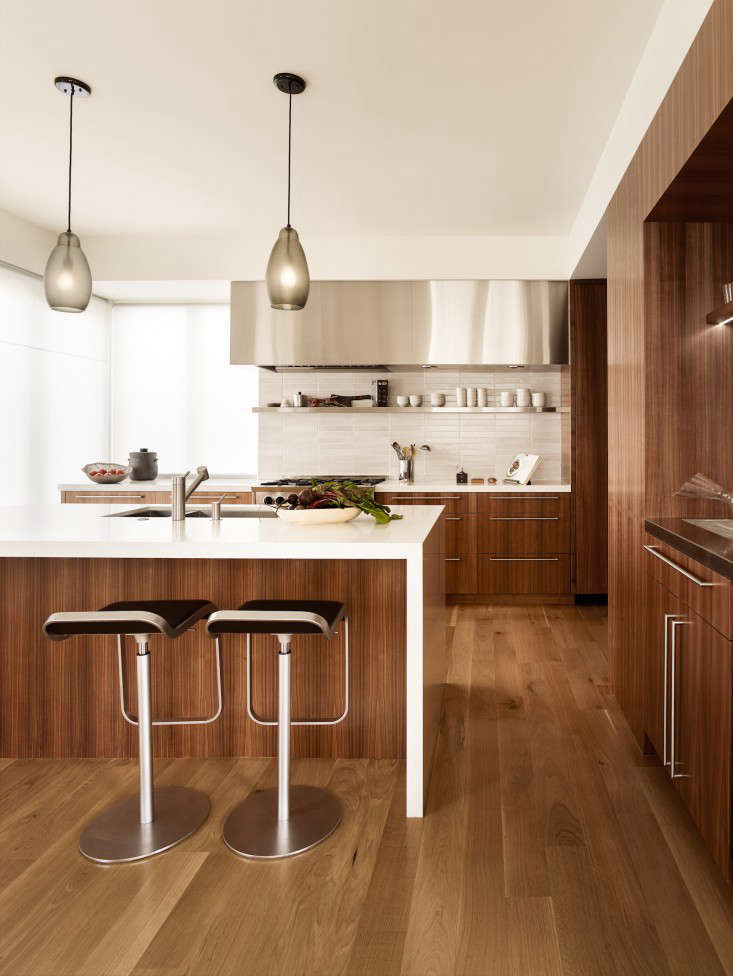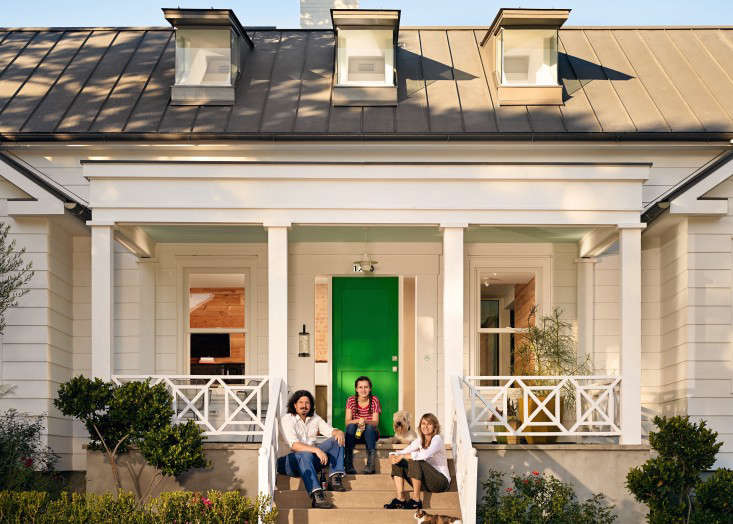According to Christine Albertsson, every building–including a humble utility building–is worthy of careful thought and is an opportunity for good design; thereby transforming the prosaic everyday into a valued member of the environment. This week, the Minneapolis-based architect from Albertsson Hansen (members of the Remodelista Architect/Designer Directory) discusses her design for a compound of storage barns in rural Minnesota and is on hand for the next 48 hours to answer any and all reader questions (post your queries in the comments section below).
The amount of equipment required to maintain a property of meadows, forests, lakes, and trails on 250 acres is not insignificant. Eager to consolidate, Albertsson’s clients proposed a solution of one big shed to replace the many existing equipment sheds spread across the property. With a desire to design “something that was right for the place,” the University of Pennsylvania School of Design graduate convinced her clients to create a courtyard of three smaller buildings clustered together; meeting functional needs and yet connecting to the existing Scandinavian-influenced architecture on the site, a series of houses designed by Edwin H. Lundie, a regional architect from the last century known for his attention to detail and Northern European and Early America influences.
Albertsson credits her client with upholding the adage that “anything you make should be done right.” Having grown up in a small town in Vermont where she speaks in awe of the dignity and beauty of the buildings of prewar rural America, Albertsson set off to do the same in 21st century Minnesota.
Photographer Peter Bastianelli-Kerze

Above: The board-and-batten wood siding was stained with a custom color. The client, who is also originally from New England, wanted to reference the coastal weathered shingles from his childhood. The minimal roof overhang and horizontal crown molding fascia board are a nod to Scandinavian influenced details of the existing houses on the site.

Above: A gable-roofed barn houses tractors and trucks; a smaller barn holds tractor attachments, mowers, snowmobiles, and other equipment; and a third functions as a car garage and workshop. The combination of vertical and horizontal board-and-batten siding breaks down the scale of the storage buildings, giving them a distinctive reading across the meadow.

Above: The metal roofs are standing seam steel with an aluminum coating (recyclable), a material that will last for a hundred years, ensuring that the roofs are maintenance-free for generations.

Above: The interiors of the storage barns are lined in knotty Grade B pine. Great pains were taken to match a color from the client’s memory of a mellow, medium tone of the interior of a horse stable from his childhood. The workshop space of the car garage has a working utility sink.

Above: Milled straight V-groove construction makes the walls strong enough to take the impact of tools and equipment as well as providing the capacity to mount hooks and shelves easily.

Above: The owner wanted to design out any “cobwebby” spaces; hence the closed rail around the set of step stairs which comes up into the attic space of the gabled roof-barn.

Above: The cluster of barns are linked visually through common architectural forms.
Can’t resist a barn? See our catalogue of favorite barns.




Have a Question or Comment About This Post?
Join the conversation (0)